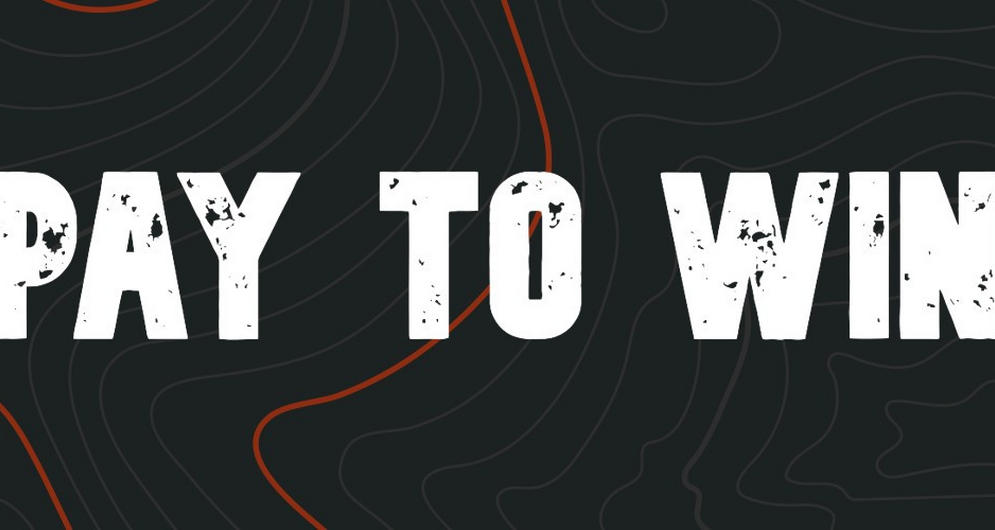Pay To Win

"Pay To Win" is defined as games in which you get an advantage in the game if you spend real money on items, weapons or features and are thus clearly superior to other players.
Most of the time, such games are free-to-play, making it very easy to get started in the game. These are often multiplayer games such as first-person shooters.
The revenue for game developers in such games often comes from so-called "microtransactions". Famous and very successful examples of this are Fortnite or League Of Legends (both not pay to win!). Microtransactions affect different areas depending on the game. Microtransactions that only affect cosmetic elements like parachutes, dances or skins are not defined as pay2win.
However, microtransactions that influence gameplay, such as weapons or spells that are particularly powerful and can only be obtained by paying, are usually a sure sign of p2w. In such games, progress or victory after a certain point depends almost entirely on how much money is spent.
So if you want to judge whether a game is pay to win, you should look if important abilities or weapons are provided with a competitive advantage and are behind a paywall.
In pay 2 win games, unfortunately, it often happens that you buy even more to "be even better", or you can't let go of the game because you've already invested a lot of money. In addition, there is quickly a noticeable difference between paying and free players, which robs many gamers of the fun of the game. For this reason, many players try to avoid Pay To Win games or often leave them relatively quickly.
However, there are also games that are not directly pay to win, but make use of similar elements. For example, you may only be able to get a weapon with Battlepass, or you may be able to skip the levels required for it in exchange for paid coins (both microtransactions).
Prominent games that have the reputation of being partially pay2win are, for example, Clash Of Clans, APB or Warframe.


